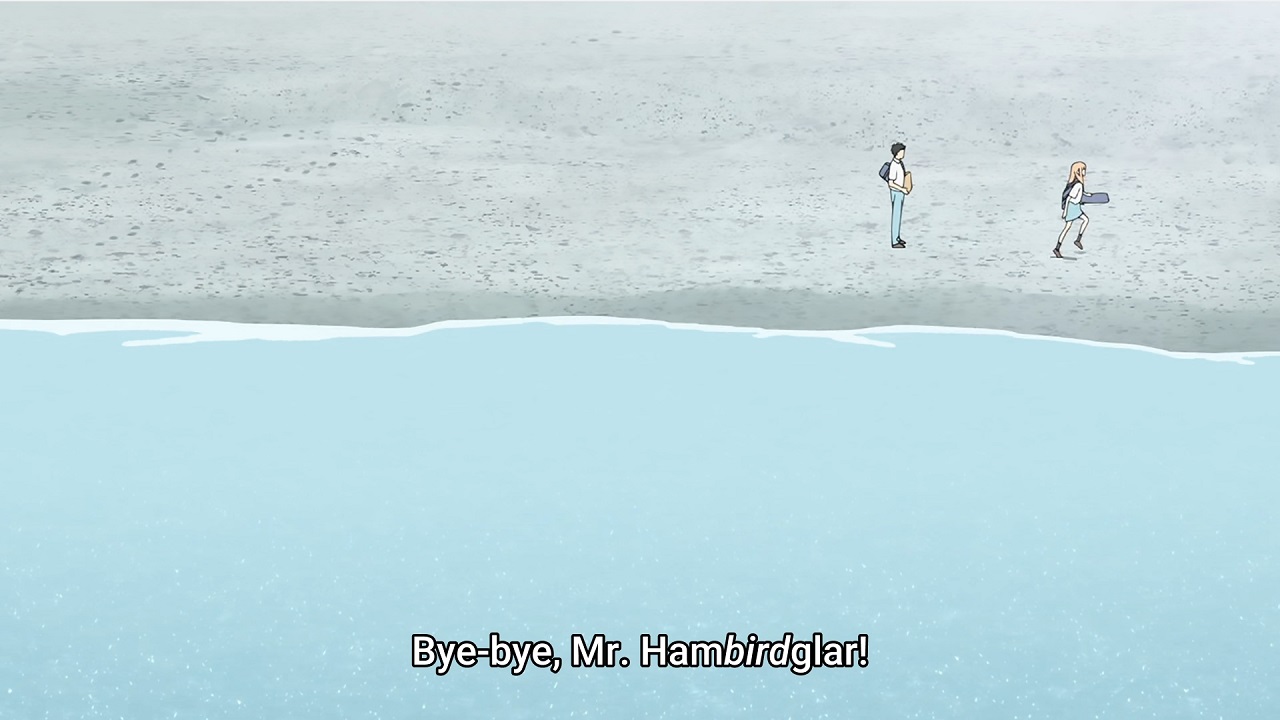Who’d want to be an anime translator? No matter what you do, some monolingual schlub on Reddit or Twitter will accuse you of DoInG iT wRoNg, or worse injected politics in your subtitles, insisting that Japanese should be translated literally and that machine translation is good enough. You’re expected to work quickly enough that a new episode is translated and subtitled on the day it is released in Japan and most streaming services will not only not credit you, they’ll pay you not enough to live on:
Yes, you heard it right: Crunchyroll pays translators eighty bucks per episode, according to the Canipa Effect’s video above. That’s from two years ago and I’ve heard scuttlebutt that conditions for translators are slowly improving, but the reality of the business is still that it’s hard work for little pay and even less respect. Especially under the sort of time pressure same day streaming services put translators. You may have the script the week before the episode is released but even if there are no differences between it and the episode, you still need to do the actual subtitling. And often there are differences, or things that only become clear once they’re heard in the context of the episode. Do keep in mind that the subtitling itself isn’t that easy either; it needs to be timed properly with the audio and fit properly on the screen too, not to mention that it needs to be clear who’s speaking. All of which also can impact the translation as frex the chosen text doesn’t fit or cannot be timed correctly and needs to be adjusted.

It’s frustrating all this hard work is not rewarded properly and almost as frustrating must be that it’s usually uncredited as well. I don’t know which genius came up with this particular pun in episode 8 of Sono Bisque Doll Wa Koi Wo Suru because Funimation refuses to credit any of its staff working on their releases. So does Funimation and even Netflix. The only streaming service consistently giving credit is Hidive/Sentai Filmworks, who have a separate credit section listing both the Japanese and their own staff tacked on to each episode. It’s thanks to that I know that Jake Jung was responsible for the excellent translation on this seasons Paripi Koumei for example. Really this should be the standard at all streaming services, a little bit of credit for the people doing the work.
These then are the first two of Martin’s increasingly petty rules for translating anime: 1) pay your translators (all staff really) a living wage and 2) give them proper credit. Not too controversial yet I think, but this is only the first in a series of posts I want to do on what I think is good translation. The focus here will be mostly on subtitled animation as I don’t care about dubs, but I’ll also talk about manga and even *gasp* other forms of translation than from Japanese to English.
No Comments